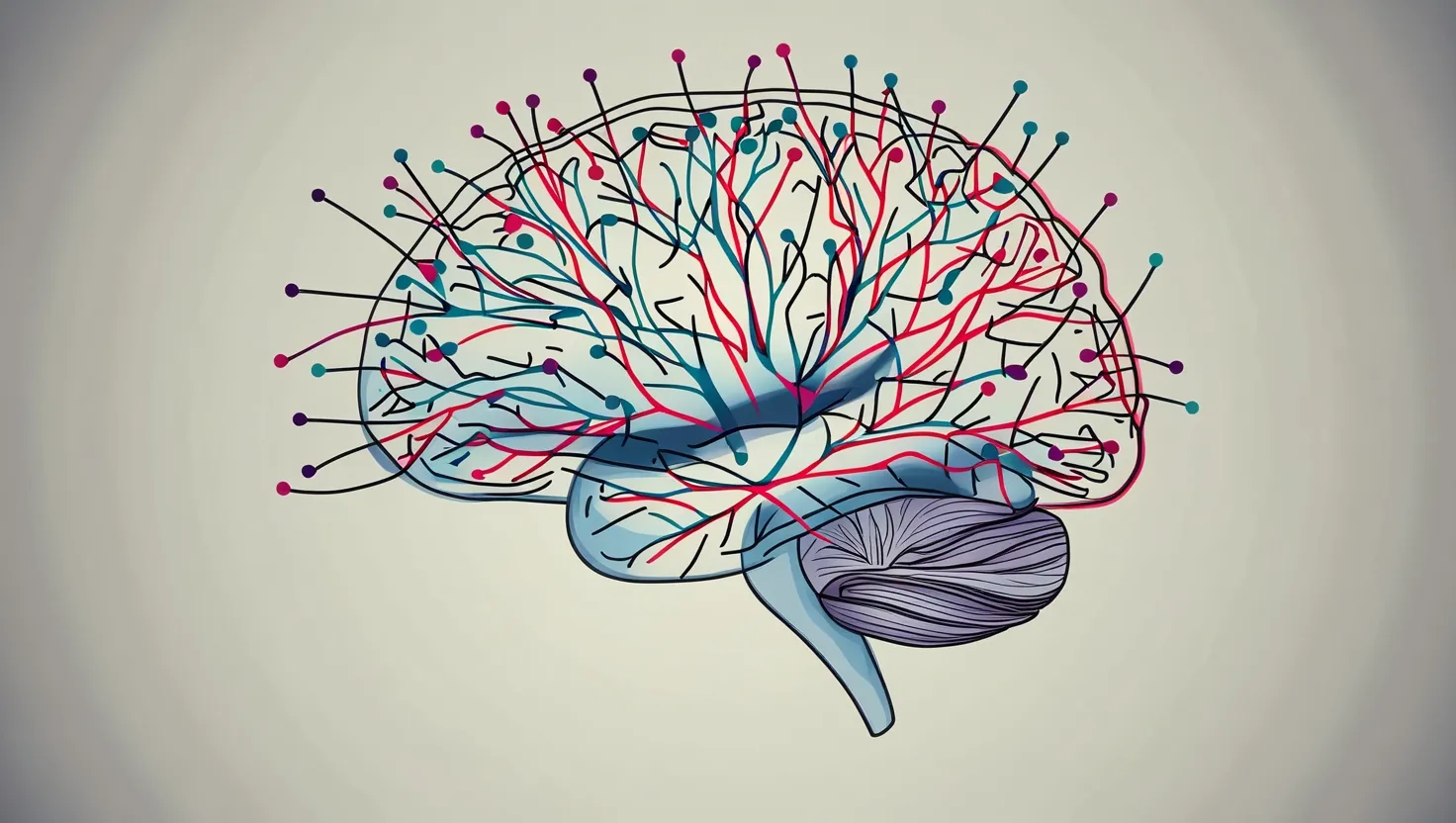Imagine a world where learning is not just about absorbing information, but about actively reshaping your brain’s neural architecture. This concept, often referred to as cognitive metamorphosis, involves deliberately triggering neuroplasticity to form new cognitive pathways tailored to specific skills. By understanding the neurological basis of different abilities, you can design personalized “brain training” regimens that literally rewire your neural connections.
At the heart of this process is neuroplasticity, the brain’s remarkable ability to reorganize itself by forming new neural connections throughout life. When you engage in learning a new skill, whether it’s a language, a musical instrument, or a complex task like video game skills, your brain undergoes significant structural changes. For instance, learning a new language can lead to tangible changes in brain structure and function, including increased gray and white matter density in areas crucial for language processing[5].
Let’s take language learning as an example. When you start learning a new language, you’re not just adding a new skill; you’re transforming the structure of your brain. Studies have shown that bilinguals tend to have a larger hippocampus, a region crucial for memory and learning. Additionally, the white matter connections in the brain strengthen, enhancing language proficiency and cognitive flexibility[5].
This process of neural reorganization is not limited to language learning. Any new skill acquisition involves a broad network of brain regions. For example, when you learn to switch between tasks, such as reading mirror-reversed words and plain words, different brain regions are activated. Initially, tasks that require novel skills engage broad cortical regions, including the prefrontal, parietal, and extrastriate cortices. However, as you become more proficient, the activity in these regions decreases, and the task becomes more automated, involving less executive control[2].
The stages of skill development are also crucial in understanding this cognitive metamorphosis. The cognitive stage involves understanding the basics and forming a mental representation of the skill. In the associative stage, refinement occurs through practice and feedback, and errors are gradually minimized. Finally, in the autonomous stage, the skill is executed almost effortlessly, thanks to the extensive practice and neural adaptations that have taken place[4].
Deliberate practice, a concept coined by psychologist Anders Ericsson, is key to this process. It involves purposeful and focused repetition of specific tasks with the goal of improvement. This is not just mindless repetition but a strategic and mindful effort to push the boundaries of your abilities. For example, musicians and athletes often engage in mental rehearsal and visualization to reinforce neural pathways associated with their craft, enhancing both cognitive and motor skills[4].
The role of mirror neurons is another fascinating aspect of this neural exploration. These neurons fire both when you perform an action and when you observe someone else doing it, playing a pivotal role in learning through imitation. By watching and mimicking skilled individuals, you can internalize movements and techniques, which is particularly important in skills like sports and music[4].
When you engage in complex tasks such as video games, you are engaging multiple cognitive faculties simultaneously. Video games impose complex rules, require decision-making, and demand prolonged practice to master specific skills. This complexity enhances executive control in tasks such as switching, reasoning, and visual short-term memory. Moreover, the motivational elements in video games heighten engagement, making the learning process more effective[3].
The transfer of learning from one context to another is also a significant aspect of cognitive metamorphosis. While specificity is crucial during initial skill acquisition, a well-developed skill can often be adapted to different situations. This adaptability is a testament to the robustness of the learning process and can guide educators, coaches, and learners in designing effective training programs[4].
Understanding the neuroanatomical predictors of skill acquisition can also provide valuable insights. For instance, in young subjects, gray matter in subcortical brain areas predicts complex video game learning outcomes, whereas in older subjects, cortical frontal areas are more predictive. This difference highlights age-related compensatory mechanisms in the brain, such as those proposed by the Scaffolding Theory of Aging and Cognition[3].
In the realm of finance and smart living, this concept of cognitive metamorphosis can be applied in various ways. For example, learning new financial skills, such as investment strategies or budgeting, involves creating new neural connections between different brain regions. By practicing these skills deliberately and mindfully, you can enhance your financial literacy and make better financial decisions.
Moreover, the cognitive benefits of learning new skills extend beyond the specific skill itself. Enhanced cognitive functions, such as problem-solving, attention, and working memory, can improve overall cognitive flexibility. This flexibility allows you to adapt to new information and switch between different concepts more efficiently, which is invaluable in today’s fast-paced world[5].
In conclusion, the idea of cognitive metamorphosis turns skill acquisition into a fascinating journey of neural exploration and modification. By understanding how your brain reorganizes itself during learning, you can design personalized training regimens that sculpt your gray matter in real-time. This approach to learning is not just about absorbing information; it’s about actively reshaping your brain’s neural architecture to adapt and thrive in an ever-changing landscape of skills and knowledge.
As you embark on this journey, remember that your brain is highly adaptable and capable of significant transformation throughout life. Whether you’re learning a new language, mastering a musical instrument, or enhancing your problem-solving skills, you are literally rewiring your neural connections. This act of self-directed brain evolution is a powerful tool that allows you to continuously improve and adapt, making learning a lifelong and rewarding process.






